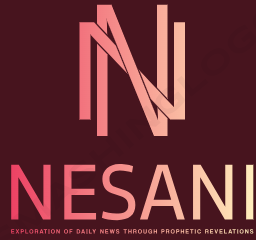In the realm of Jewish belief, the anticipation of the return of the Jewish Messiah has been a cornerstone for centuries. This article explores the various beliefs surrounding the long-awaited arrival of the Messiah in relation to the nation of Israel. Discover the range of perspectives and interpretations that lay the foundation of Jewish faith and its deep connection to the future redemption and restoration of Israel.
Background on the Jewish Messiah
Overview of the concept of Jewish Messiah
The concept of the Jewish Messiah holds significant importance in Jewish faith and plays a central role in the Messianic beliefs of the community. The Jewish Messiah is seen as a figure who will bring salvation, redemption, and deliverance to the Jewish people. This Messianic belief has been an integral part of Jewish theology and has been passed down through generations. The idea of a Messiah in Judaism is rooted in the Hebrew Bible and has evolved over time with different interpretations within the Jewish community.
Importance of Messianic beliefs in Jewish faith
Messianic beliefs are highly significant in Jewish faith as they encompass the hope for a better future and the ultimate fulfillment of the covenant between God and the Jewish people. The expectation of the Messiah’s arrival has been a driving force for Jewish survival, perseverance, and resilience throughout history. Messianic beliefs have also influenced the religious practices and values of the Jewish community, shaping their identity and guiding their actions. The anticipation for the coming of the Messiah is deeply intertwined with Jewish religious and cultural traditions, giving meaning and purpose to their faith.
Old Testament Prophecies
Significance of Old Testament prophecies
Old Testament prophecies hold a crucial role in shaping Messianic beliefs within Judaism. These prophecies serve as a foundation for the anticipation of the Messiah’s coming, providing a basis for interpreting the signs and events that will precede the arrival of the Messiah. They offer hope and assurance to the Jewish community, assuring them of God’s faithfulness and the fulfillment of His promises.
Relevant prophecies related to the Messiah’s coming
Various prophecies in the Old Testament are believed to be relevant to the Messiah’s coming. These prophecies include references to the birthplace of the Messiah, the suffering and redemption of Israel, the establishment of a righteous and just kingdom, and the restoration of God’s presence among His people. Examples of such prophecies include Isaiah 7:14, which prophesies of a virgin giving birth; Micah 5:2, which speaks of the Messiah’s birthplace in Bethlehem; and Isaiah 11:1-9, which describes the Messianic era of peace and harmony.
Interpretation of the prophecies by different Jewish groups
Different Jewish groups have varying interpretations of the prophecies related to the Messiah’s coming. Orthodox Jews generally adhere to a literal interpretation of these prophecies, believing in the eventual physical coming of a human Messiah who will fulfill these prophecies in their entirety. Non-Orthodox Jewish denominations, on the other hand, may hold a more symbolic or metaphorical understanding of the prophecies, focusing on the spiritual and ethical aspects rather than a literal interpretation. These interpretations reflect the diversity of Jewish thought and the range of perspectives within the community.
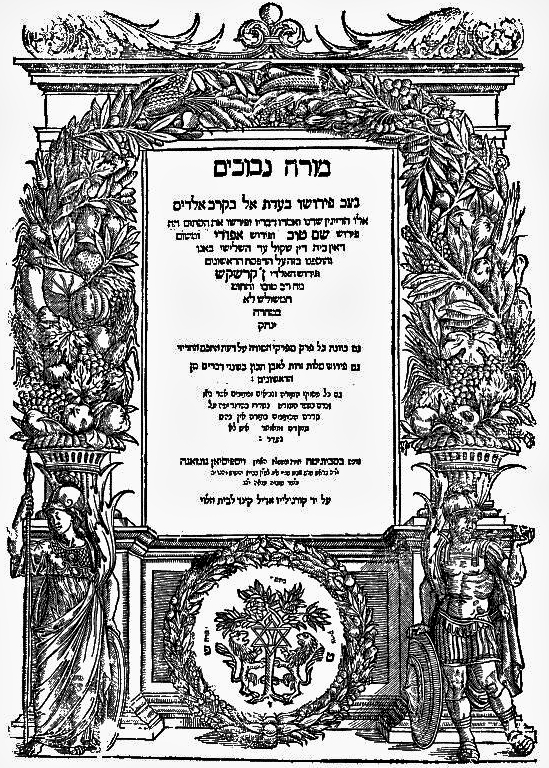
Role of the Messiah in Jewish Beliefs
Messiah as the savior and deliverer of Israel
In Jewish beliefs, the Messiah is seen as the ultimate savior and deliverer of Israel. The Messiah is expected to bring about a time of peace, justice, and righteousness, ushering in an era known as the Messianic Age. This entails the redemption of the Jewish people, the ingathering of exiles, the rebuilding of the Temple in Jerusalem, and the restoration of the Davidic dynasty. The Messiah is viewed as a divine agent who will reunite the Jewish people with God and facilitate the complete fulfillment of God’s covenant with Israel.
Expected characteristics and qualities of the Messiah
Jewish teachings outline various characteristics and qualities that are expected of the Messiah. These include the Messiah being descended from King David, being anointed with the spirit of God, possessing exceptional wisdom and understanding, and displaying qualities of righteousness, compassion, and leadership. The Messiah is also expected to possess the ability to bring about miraculous events, demonstrating divine power and authority.
Understanding the concept of Messianic redemption
Messianic redemption is a central aspect of Jewish beliefs about the Messiah. It refers to the ultimate salvation and deliverance of the Jewish people from their suffering, oppression, and exile. Messianic redemption is not only seen as a physical restoration of the land of Israel but also as a spiritual and moral transformation of humanity. It involves the eradication of evil, the establishment of universal peace and harmony, and the recognition of God’s sovereignty by all nations. This concept of redemption forms the basis of the Messianic hope and serves as a source of inspiration for Jewish individuals and communities throughout history.
The Messianic Age
Beliefs about the nature of the Messianic Age
The Messianic Age, also known as the Olam Ha-Ba, is a central concept in Messianic beliefs within Judaism. It refers to a future era of harmony, justice, and spiritual enlightenment that will be brought about by the arrival of the Messiah. In the Messianic Age, the world will be transformed, and humanity will experience a heightened awareness of God’s presence. It is envisioned as a time when suffering and injustice will cease, and all people will experience spiritual fulfillment, peace, and prosperity.
Expectations for the establishment of the Messianic Age
The establishment of the Messianic Age is anticipated with great hope and longing among Jewish believers. It is believed that certain conditions must be met before the Messianic Age can be realized. These conditions include the return of Jewish exiles to the land of Israel, the rebuilding of the Temple in Jerusalem, the restoration of sacrificial worship, and the collective repentance of the Jewish people. Jewish tradition also suggests that the Messianic Age will be preceded by a period of tribulation and upheaval, known as the birth pangs of the Messiah, which will signal the imminent arrival of the Messiah.
The role of Israel in the Messianic Age
Israel holds a significant role in the Messianic Age. It is believed that the establishment and flourishing of the Jewish homeland is a necessary precursor for the arrival of the Messiah. In the Messianic Age, Israel is expected to be at the forefront of spiritual and moral leadership, serving as a light unto the nations. The reestablishment of Israel as a sovereign nation is seen as a fulfillment of biblical prophecy and a sign of the eventual redemption of the Jewish people.
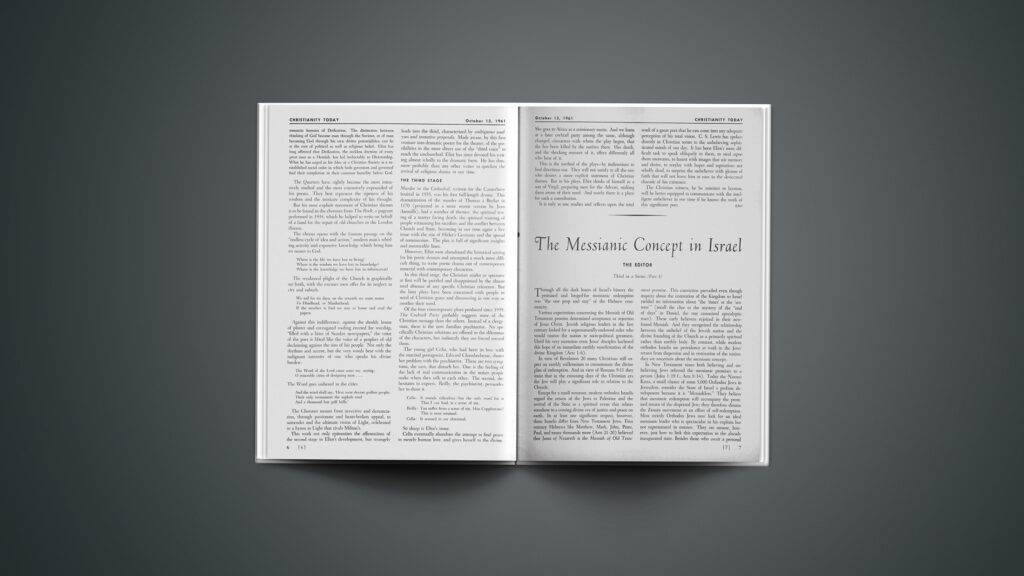
Variations and Interpretations
Different interpretations of the Messiah’s identity and purpose
There are diverse interpretations within the Jewish community regarding the identity and purpose of the Messiah. While some envision a human figure who will fulfill the Messianic prophecies, others view the Messiah as a symbol of collective redemption or the embodiment of certain ideals and values. Some interpretations emphasize the role of the Messiah in political and national liberation, while others emphasize the spiritual and moral transformation that the Messiah will bring. These varied interpretations reflect the richness of Jewish thought and the different ways in which Messianic beliefs are understood and applied.
Contrasting beliefs within Orthodox and non-Orthodox Jewish communities
The Orthodox and non-Orthodox Jewish communities often display contrasting beliefs about the Messiah and Messianic expectations. Orthodox Jews tend to hold traditional beliefs, adhering to a literal interpretation of the Messianic prophecies and anticipating the physical coming of a human Messiah. Non-Orthodox Jewish denominations, on the other hand, may approach Messianic beliefs from a more metaphorical or symbolic perspective, emphasizing the spiritual and ethical dimensions rather than a literal understanding. These differences in belief and interpretation shape the practices, rituals, and worldview of each community, contributing to the diversity of Jewish faith.
The influence of Kabbalah on Messianic beliefs
Kabbalah, a mystical tradition within Judaism, has had a significant influence on Messianic beliefs throughout history. Kabbalistic teachings often delve into esoteric concepts and mystical interpretations of scripture, including Messianic prophecies. The mystical approach to Messianic beliefs offers a deeper, spiritual understanding of the Messiah and the Messianic Age. Kabbalah’s influence has prompted theological and philosophical discussions within the Jewish community, enriching the discourse surrounding Messianic beliefs.
Zionism and the Messiah
Relationship between Zionism and Messianic expectations
Zionism, the movement for Jewish national self-determination, has had a complex relationship with Messianic expectations. In the late 19th and early 20th centuries, the rise of Zionism was fueled by the desire to establish a homeland for the Jewish people. While some Zionist pioneers saw the movement as a way to advance Messianic aspirations and facilitate the arrival of the Messiah, others approached Zionism from a more secular and nationalist perspective. The relationship between Zionism and Messianic expectations continues to evolve, with some viewing the establishment of the State of Israel as a step toward the Messianic Age, while others emphasize the political and historical aspects of the Zionist project.
The impact of the establishment of the State of Israel on Messianic beliefs
The establishment of the State of Israel in 1948 has had a profound impact on Messianic beliefs within the Jewish community. For many, the reclamation of sovereignty and the return to the land of Israel is seen as a significant fulfillment of biblical prophecy and a step closer to the arrival of the Messiah. The existence of the State of Israel has sparked a renewed sense of hope and anticipation among believers, reinforcing Messianic expectations for the future redemption of the Jewish people.
Views of Jewish religious and secular factions towards Zionism
The Jewish community is comprised of both religious and secular factions, each with their own views and perspectives toward Zionism. Religious factions often emphasize the spiritual and religious significance of Zionism, viewing it as a vehicle for the Messianic redemption of the Jewish people. Secular factions, on the other hand, may approach Zionism from a nationalist or historical perspective, focusing on the political and cultural goals of the movement. These divergent views contribute to ongoing debates and discussions within the Jewish community regarding the relationship between Zionism and Messianic expectations.
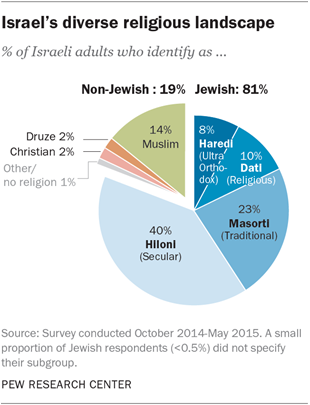
Messianic Movements throughout History
Overview of historical Messianic movements in Judaism
Throughout history, various Messianic movements have emerged within Judaism, each proclaiming the arrival of a messianic figure. These movements often gained a following during times of political and social upheaval, offering hope and promises of redemption to the Jewish people. From Shabbetai Tzvi in the 17th century to Jacob Frank in the 18th century, and more recently, the Lubavitcher Rebbe in the 20th century, these movements have shaped Jewish history and religious thought, leaving lasting impacts on the Jewish community.
Prominent Messianic figures and their impact on Jewish history
Prominent Messianic figures have played a significant role in Jewish history, attracting followers and sparking fervent religious and social movements. Shabbetai Tzvi, for example, claimed to be the Messiah in the 17th century and gained many followers who believed in his divine mission. While his movement ultimately ended in disappointment and disillusionment, it left a lasting impact on Jewish theology and the way Messianic movements were perceived within the community. Other figures, such as the Baal Shem Tov and the Vilna Gaon, had influential teachings that shaped the Messianic expectations and religious practices of their respective communities.
Lessons learned from past Messianic movements
The study of past Messianic movements provides valuable lessons and insights for the Jewish community. It highlights the dangers of blindly following Messianic claims without careful examination and discernment. Historical examples have demonstrated the potential for deception, manipulation, and the undermining of traditional Jewish values within certain Messianic movements. By reflecting on these experiences, the Jewish community can foster a greater sense of discernment and intellectual rigor when evaluating contemporary Messianic claims.
Contemporary Perspectives
Views on the Messiah’s return in modern Jewish communities
In modern Jewish communities, there is a range of views on the Messiah’s return. While some believers maintain a strong belief in the imminent arrival of the Messiah, others approach the topic with skepticism or uncertainty. The Holocaust and other traumatic events in Jewish history have led some to question the traditional Messianic timeline and reevaluate their understanding of Messianic expectations. However, Messianic beliefs and the hope for redemption continue to play a significant role in the religious and cultural life of many Jewish communities around the world.
Discussions and debates among Jewish scholars and theologians
Jewish scholars and theologians engage in ongoing discussions and debates surrounding Messianic beliefs. These discussions often explore the theological, philosophical, and ethical implications of Messianic expectations. Scholars delve into the interpretation of biblical prophecies, the interplay between Messianic beliefs and Jewish law, and the relevance of Messianic teachings in modern times. These intellectual exchanges contribute to the richness and diversity of Jewish thought and help shape the evolving understanding of Messianic beliefs.
Impact of Messianic beliefs on Jewish identity and religious practices
Messianic beliefs have a profound influence on Jewish identity and religious practices. The anticipation for the arrival of the Messiah infuses Jewish life with a sense of purpose and hope for the future. Messianic beliefs shape the observance of religious rituals, prayers, and festivals, allowing individuals and communities to connect on a deeper spiritual and emotive level. Messianic beliefs also contribute to the sense of collective Jewish identity, providing a shared vision and mission among believers.
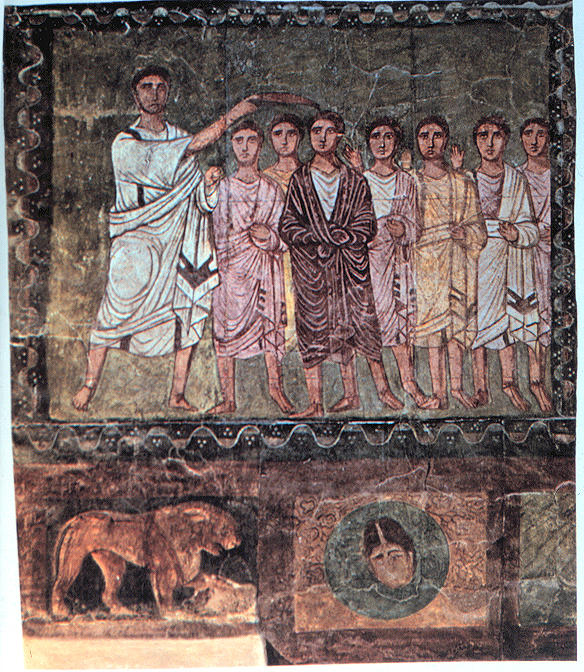
Christian Perspectives on the Jewish Messiah
Comparison of Christian and Jewish beliefs about the Messiah
Christian and Jewish beliefs about the Messiah share some common elements, as both traditions look to the Hebrew Bible for guidance. Christians believe that Jesus, whom they consider to be the fulfillment of Messianic prophecies, is the Messiah. Jewish perspectives, however, do not recognize Jesus as the Messiah, and instead, expect the arrival of a future Messiah. Both traditions hold the belief in the coming of a savior and redeemer, albeit with differing interpretations and understandings.
Interfaith dialogue and interactions regarding Messianic expectations
Interfaith dialogue and interactions between Christians and Jews often involve discussions about Messianic expectations. These interactions allow for the sharing of respective beliefs, fostering a greater understanding of each other’s perspectives. While differences persist, mutual respect and dialogue contribute to building bridges between the two traditions and promoting a deeper appreciation for each other’s faith.
Shared and divergent perspectives on Messianic prophecy
Christian and Jewish perspectives on Messianic prophecy demonstrate both shared and divergent views. Both traditions regard Messianic prophecies as significant, albeit with different interpretations. Christians see the prophecies as fulfilled in Jesus, while Jews hold the expectation of their fulfillment in a future Messiah. Despite these differences, both traditions find common ground in their anticipation of the arrival of a divine figure who will bring salvation and redemption to the world.
The Future of Messianic Beliefs
Evolution of Messianic expectations over time
Messianic expectations have evolved over time, adapting to changing historical, cultural, and theological contexts. Throughout Jewish history, the interpretation of Messianic prophecies and the understanding of the Messiah’s role have shifted and developed. The experiences of exile, persecution, and the establishment of the State of Israel have influenced Messianic beliefs and expectations in significant ways. As Judaism continues to evolve, it is likely that Messianic beliefs will also continue to develop, adapting to the changing needs and circumstances of the Jewish people.
Challenges and controversies surrounding Messianic beliefs
Messianic beliefs have been met with various challenges and controversies throughout history. Criticism and skepticism surrounding Messianic claims have been prevalent, and the potential for manipulation and deception within Messianic movements has raised concerns. Additionally, the diversity of interpretations and expectations within the Jewish community can lead to disagreements and conflicts. Navigating these challenges requires a balanced approach that respects individual beliefs while fostering critical thinking and intellectual rigor.
Relevance and significance of Messianic beliefs in contemporary Jewish faith
Despite the challenges and controversies, Messianic beliefs remain relevant and significant in contemporary Jewish faith. The belief in a future redemption and the hope for a better world continue to inspire and motivate Jewish individuals and communities. Messianic beliefs provide a sense of continuity with the past, connecting Jewish generations and serving as a source of cohesion and resilience. The significance of Messianic beliefs lies not only in the anticipation of a future Messiah but also in the values and ideals that they embody, guiding Jewish individuals in their pursuit of justice, compassion, and the repair of the world.

